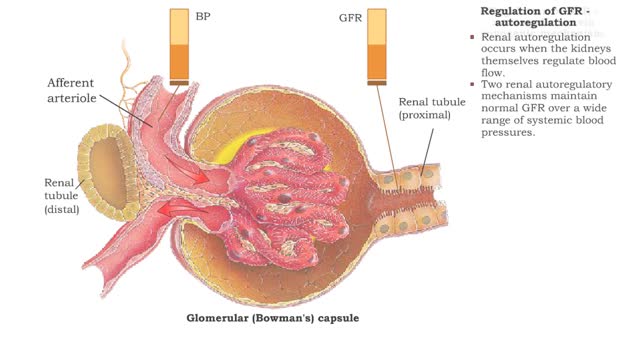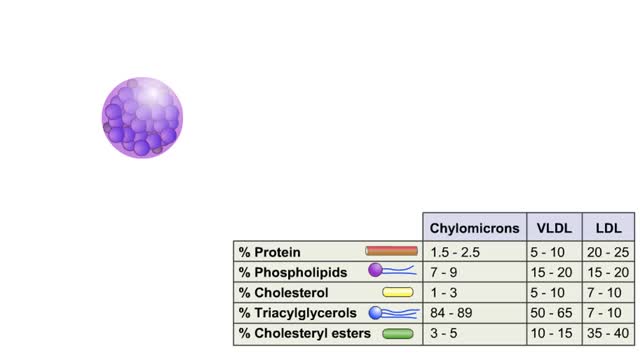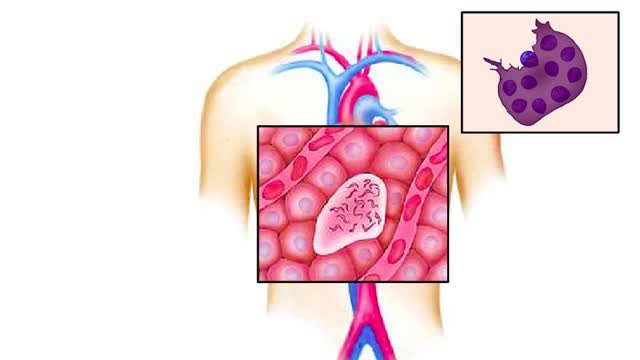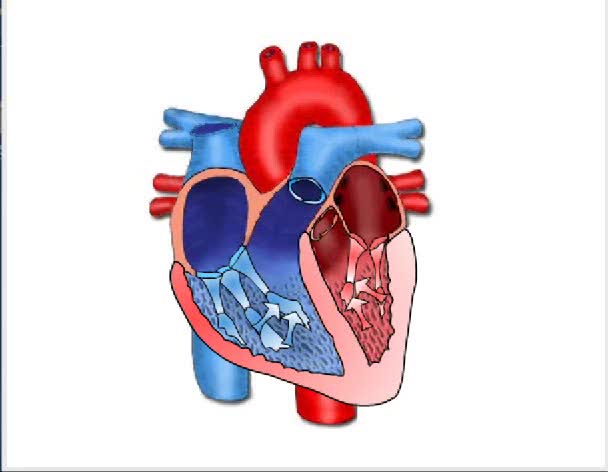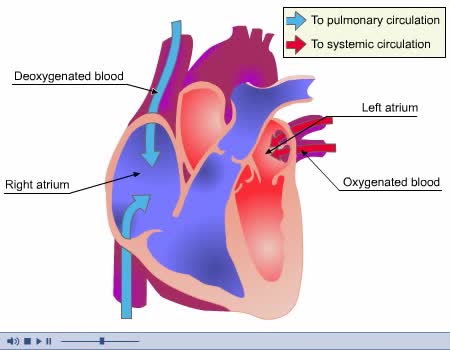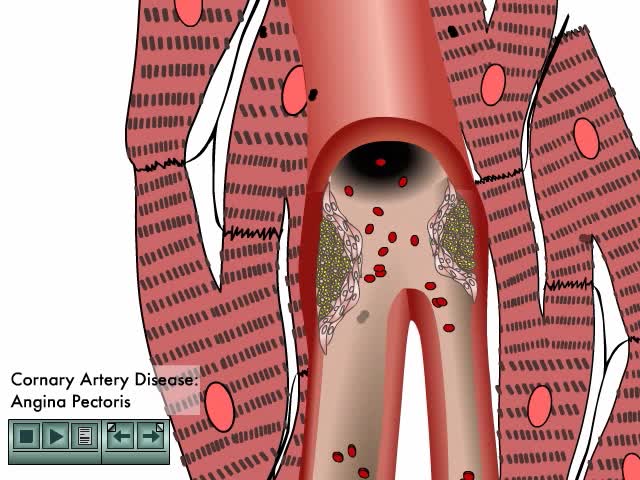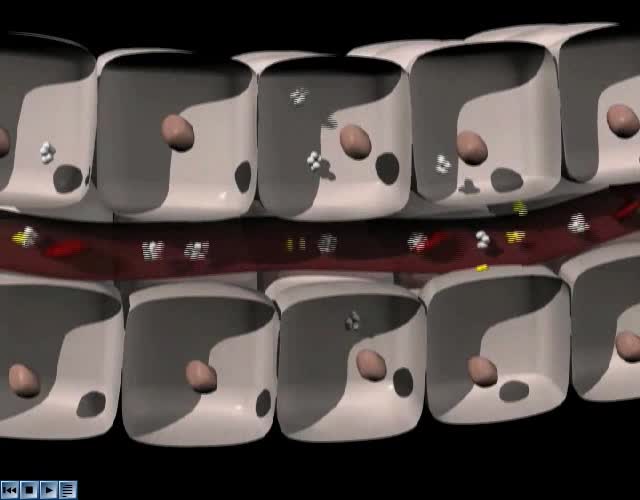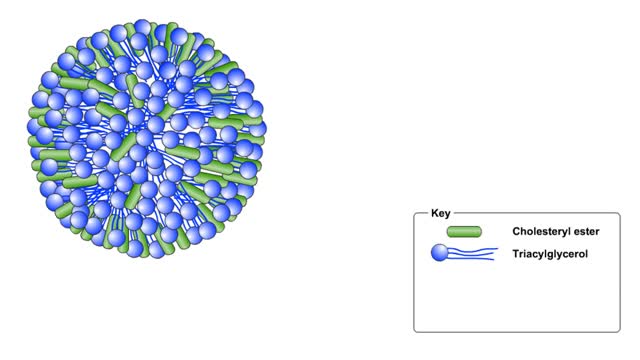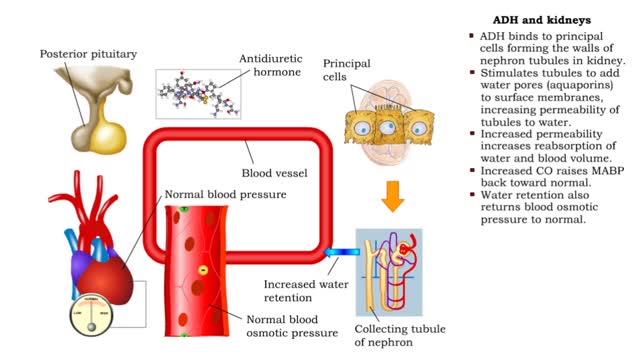Search Results
Results for: 'Blood velocity'
Regulation of GFR: three methods, autoregulation & autoregulation via myogenic mechanism
By: HWC, Views: 11008
• GFR can be regulated by adjusting: • Blood flow in and out of the glomerular capillaries. • Surface area of glomerular capillaries. • There are three main ways to make these adjustments: • Renal autoregulation. • Nervous regulation. • Hormonal regulation. • Ren...
By: HWC, Views: 9795
LDL comprises 60–70% of total blood lipoproteins and is responsible for carrying cholesterol particles throughout your body. Having a lot of cholesterol carried by LDL lipoproteins is associated with an increased risk of heart disease. In fact, the higher the level, the greater the risk. ...
Apicomplexan life cycle Animation
By: HWC, Views: 4903
Malaria is caused by the sporozoan, Plasmodium. It is transferred to humans by mosquitoes. When an infected mosquito feeds, infective sporozoites move from her salivary glands into the human body. The bloodstream carries the sporozoites to the liver. Here, they reproduce asexually and...
By: Administrator, Views: 14147
Hemodynamics is the dynamics of blood flow. The circulatory system is controlled by homeostatic mechanisms, such as hydraulic circuits are controlled by control systems. Hemodynamic response continuously monitors and adjusts to conditions in the body and its environment.
Coronary Heart Disease Animation
By: Administrator, Views: 13933
Arteriosclerotic heart disease occurs when arterial vessels are marked by thickening, hardening, and loss of elasticity in arterial walls. Course of cardiovascular disease accelerates due to: Reduced blood flow Rlevated blood lipids Defective endothelial repair
By: Administrator, Views: 14770
Hypoglycemia, also known as low blood sugar, is when blood sugar decreases to below normal levels. This may result in a variety of symptoms including clumsiness, trouble talking, confusion, loss of consciousness, seizures or death. A feeling of hunger, sweating, shakiness and weakness may also be...
What is Cholesterols? Introduction to Lipoproteins
By: HWC, Views: 9513
✔ https://HomeworkClinic.com ✔ https://Videos.HomeworkClinic.com ✔ Ask questions here: https://HomeworkClinic.com/Ask Follow us: ▶ Facebook: https://www.facebook.com/HomeworkClinic ▶ Review Us: https://trustpilot.com/review/homeworkclinic.com Cholesterol is a type of fat fo...
ADH and the arterioles, kidneys, sweat glands and the Atrial natriuretic peptide (ANP)
By: HWC, Views: 10599
• ADH is also known as vasopressin. • Produced by hypothalmus and secreted by neurosecretory cells in posterior pituitary gland. • Responds to high blood osmotic pressure representing low amounts of water in the blood. • Binds to smooth muscle cells in walls of arterioles, stimulate...
Advertisement



